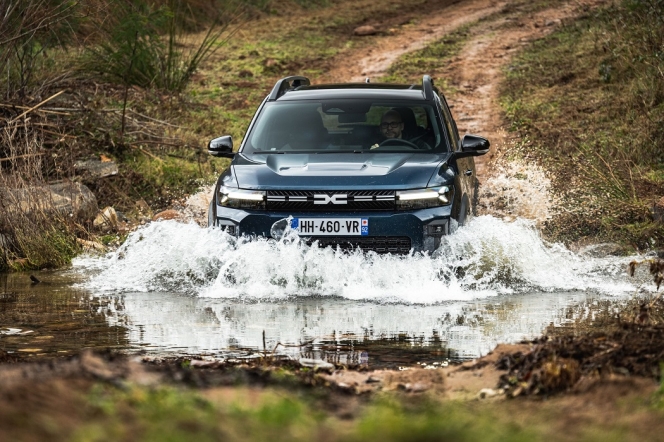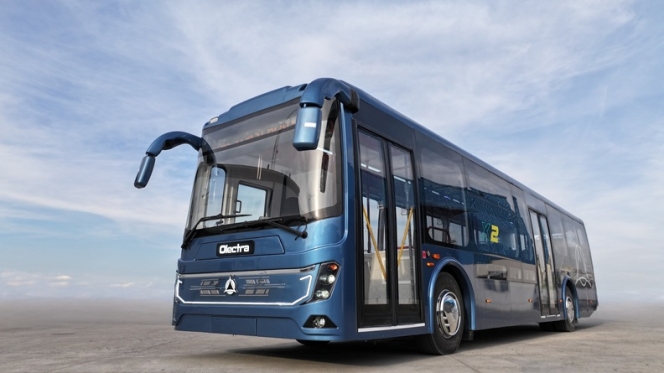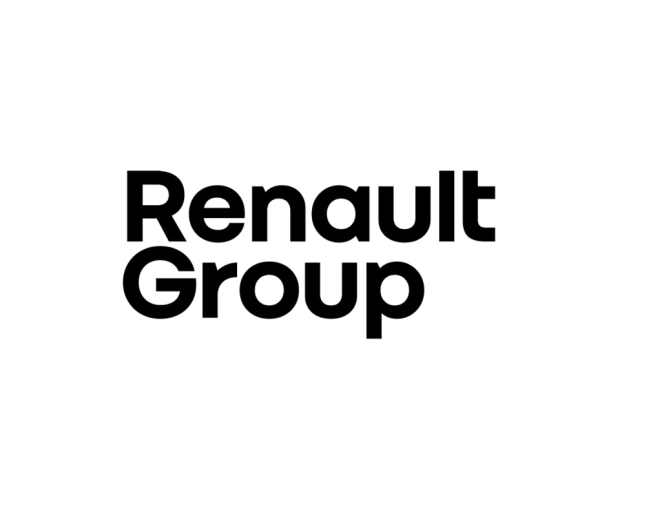- Renault India
- CNG kits
- Kwid
- Kiger
- Triber
- running on the roads
- passenger vehicle market
- variants
- other than
- automatic transmission
- turb-petrol engine.
CNG Kits for Kwid, Kiger and Triber From Renault India
- By MT Bureau
- February 24, 2025

Renault India has announced the launch of CNG kits for Kwid, Kiger and Triber models that are already running on the roads. The move – expected to help Renault increase its reach into a new and growing side of passenger vehicle market in the country – will be offered on variants other than that having an automatic transmission and a turb-petrol engine.
Supported by a three-year warranty, the CNG kits will be fitted by the company’s preferred vendor, using a homologated kit that meets all safety and performance standards.
The development and customisation of the fitment is detailed to the smallest hardware packaged as a kit to have uniformity and standardised fitments across the network.
Renault cars with the CNG kits have been duly validated to ensure there is no impact on driving performance ensuring that our customers enjoy the best driving experience.
The CNG retrofitment kits will be made available in a phased manner. Sales will start in five key states of Haryana, UP, Delhi, Gujarat and Maharashtra, contributing 65 percent of the market and subsequently cover 100 percent in the coming months.
Speaking about the development, Venkatram M, Managing Director and Country CEO, Renault India, said, "Our commitment to innovation and sustainability drives us to continuously improve our offerings. The introduction of the Govt. approved CNG retrofitment kit across all models are a testament to our dedication to providing eco-friendly and smart solutions for our customers. We believe this initiative will make Renault cars even more accessible and practical, solidifying our position in India."
Dacia Strengthens SUV Lineup With New Hybrid 150 4x4 Powertrain For Duster And Bigster
- By MT Bureau
- February 25, 2026

Dacia is expanding its lineup with the introduction of a new hybrid 150 4x4 powertrain for the Duster and Bigster models, scheduled for release later this year. This development reinforces the brand’s commitment to producing robust and capable SUVs that integrate practicality with everyday usability. The new system is tailored for those who value spontaneity and versatility, offering the flexibility to navigate daily routines as easily as weekend adventures off the usual paths.
By combining electrified efficiency with all-wheel drive capability, the hybrid 150 4x4 enhances the adaptability of both vehicles. It is engineered to perform across a variety of settings, from urban commuting and school pickups to more demanding environments like unpaved tracks and wintry roads. The setup includes a 48V mild hybrid system that supports electric driving, with a combustion engine producing 150 hp and 230 Nm of torque, supplemented by an electric motor contributing an additional 87 Nm.
A six-speed dual-clutch automatic transmission manages power delivery, with paddle shifters allowing drivers to take manual control when conditions require it. This feature adds a layer of responsiveness for those navigating difficult terrain, towing or simply seeking a more engaged driving experience. The integration of these elements underscores Dacia’s focus on dependable, adventure-ready vehicles.
Further information regarding UK specifications and market availability will be released in the coming months, leading up to the official launch.
TATA.ev And Shell Launch 21 Mega Charging Hubs Across India
- By MT Bureau
- February 25, 2026
TATA.ev and Shell India Mobility have inaugurated 21 ‘Mega Charging Hubs’ in Bengaluru, Chennai, Mysore, Pune and Vadodara. The rollout expands the TATA.ev network to more than 130 operational sites across India.
The hubs are situated along highway corridors and in urban areas to support long-distance and city travel. Each location features 120 kW fast chargers and multiple bays to manage vehicle throughput.
The 21 new hubs provide a combined charging capacity of 2500 kW. Under the ‘Open Collaboration 2.0’ framework, TATA.ev intends to establish 500 Mega Charging Hubs and 400,000 charging points by 2027.
The service model at these hubs includes:
- Technical Support: On-ground marshals to assist with the charging process.
- Payment: Systems designed to operate without mandatory app or digital payment requirements.
- Facilities: Access to restrooms, Shell Select, and Deli2go stores.
- Owner Incentives: Specific offers for TATA.ev owners at on-site retail outlets.
Balaje Rajan, Chief Strategy Officer, Tata Passenger Electric Mobility, said, “EV infrastructure is fundamental to accelerating India’s transition to electric mobility. As the leader of the 4-wheeler electric revolution, TATA.ev has consistently taken the initiative to build and co-create a fast, reliable, and convenient public charging network through our TATA.ev Mega Charging Hubs. Today, in partnership with Shell India, we are proud to introduce new TATA.ev x Shell Mega Charging Hubs across key cities, offering a combined capacity of 2500 kW. This expansion reinforces our commitment to making charging seamless and ubiquitous for EV users across India.”
Sanjay Varkey, Director Mobility, Shell India Markets, added, “India’s mobility landscape is evolving rapidly, and a strong, high-quality charging infrastructure is essential to this transition. Shell is pleased to partner with TATA.ev to accelerate the development of a robust national EV charging network, uniting two trusted leaders to set a new benchmark for charging excellence. Our MegaCharging Hubs deliver industry leading reliability, world-class safety, and a premium, seamless charging experience through ultra-fast charging and premium customer services. Together, combining Shell’s global energy expertise with TATA.ev’s electric mobility leadership, we are committed to building a best-in-class EV charging ecosystem defined by performance, safety, and superior customer experience.”
- Olectra Greentech
- Telangana State Road Transport Corporation
- TGSRTC
- P E-DRIVE
- CESL
- Convergence Energy Services
- Evey Trans
- Mahesh Babu
Olectra Greentech To Supply 1,085 Electric Buses To Hyderabad
- By MT Bureau
- February 24, 2026

Olectra Greentech has received a Letter of Intent (LOI) from the Telangana State Road Transport Corporation (TGSRTC) for the supply of 1,085 electric buses. The order, facilitated through Evey Trans, is part of the PM E-DRIVE initiative led by Convergence Energy Services (CESL).
The company currently holds the largest market share in the Indian electric bus segment. With over 3,600 e-buses deployed and an order book surpassing 10,000 units, Olectra has recorded more than 500 million kilometres of operations across India.
The buses for TGSRTC will be 12-metre, low-floor vehicles, available in air-conditioned and non-air-conditioned variants. The units are engineered for local road conditions and urban frequency.
The e-buses have a claimed range of over 250 km per charge, it can be fast-charged in around 45 minutes, features front & rear air suspension systems and is wheelchair friendly.
The deployment will take place in Hyderabad, where Olectra is headquartered. The buses are intended to replace or augment existing fleets to reduce emissions within the city's transport ecosystem.
Mahesh Babu, Managing Director, Olectra Greentech, said, “This is a defining moment for the Olectra family and a significant milestone in our journey of powering India’s electric mobility transformation. Our continued commitment to the Make in India vision and to building world-class electric buses has received strong reinforcement through this prestigious order under the PM E-DRIVE programme. We are proud to bring our advanced, reliable, and indigenously developed electric mobility solutions to Telangana. Hyderabad is not just our home state, but a city that represents innovation and progress. We look forward to working closely with TGSRTC to deliver efficient, comfortable, and sustainable public transportation that meets the evolving expectations of citizens while contributing meaningfully to India’s clean energy and net-zero ambitions.”
Renault Group Assumes Full Control Of Flexis SAS Electric Van Joint Venture
- By MT Bureau
- February 23, 2026

Renault Group has entered into a binding agreement to assume complete control of Flexis SAS, the electric van joint venture it originally co-founded with Volvo Group and CMA CGM Group in 2024. The deal, which is contingent upon clearance from antitrust authorities, will see Renault acquire the 45 percent and 10 percent stakes currently held by Volvo Group and CMA CGM Group, respectively. This transaction is anticipated to be finalised by the middle of 2026.
The restructuring of ownership is not expected to alter the core mission or the strategic direction of the project. The venture remains dedicated to the creation of a new generation of fully electric light commercial vehicles, incorporating advanced technological features. The development timeline remains on track, with production slated to commence by the end of 2026. The initiative is built upon a robust technological foundation, including a unique skateboard platform, 800-volt motor technology and a software-defined vehicle architecture. These innovations are specifically designed to meet the evolving demands of urban logistics and support the urgent need for decarbonisation in the sector.
Renault’s teams are fully committed to advancing this ambitious undertaking. The project is a significant employer in France, engaging nearly 1,300 personnel across several key locations. These include engineering hubs in the Île-de-France region, such as the Guyancourt Technocentre and the Villiers-Saint-Frédéric Light Commercial Vehicle Center of Excellence, with the manufacturing process set to take place at the Sandouville plant in Normandy. The first model from this new range, the Renault Trafic Van E-Tech electric, is scheduled for release in late 2026.
Volvo Group, through its Renault Trucks brand, will continue its longstanding partnership with Renault by distributing these new vehicles starting in 2027. CMA CGM Group, for its part, expressed its satisfaction in having played a crucial role in nurturing the project during its foundational phase, reinforcing its commitment to supporting the energy transition.






Comments (0)
ADD COMMENT